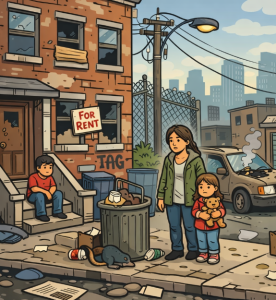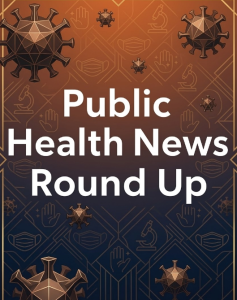
SVI vs. ADI: What Public Health Practitioners Need to Know Since the CDC Removed SVI
TLDR; SVI and ADI overlap but measure different concepts: vulnerability vs deprivation Public health professionals often rely on composite indices to identify disadvantaged communities and guide interventions. Two prominent tools in this space are the Social Vulnerability Index (SVI) and the Area Deprivation Index (ADI). Both indices measure socioeconomic and demographic disadvantage, but they were […]
Read more →




